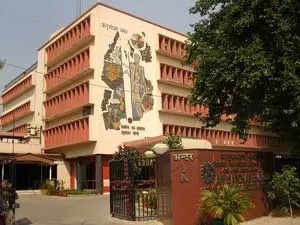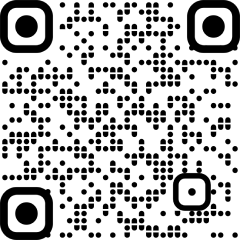
New Delhi: The Council of Scientific and Industrial Research (CSIR) announced the successful conclusion of the first phase of its groundbreaking longitudinal health monitoring project, the ‘Phenome India-CSIR Health Cohort Knowledgebase’ (PI-CheCK). To mark this significant milestone, CSIR organized a special event, ‘Phenome India Unboxing 1.0’, at the National Institute of Oceanography (NIO), Goa on Monday.
Dr Souvik Maiti Director, CSIR-Institute of Genomics and Integrative Biology (IGIB), Dr Sunil Kumar Singh, Director at CSIR-National Institute of Oceanography (NIO), Dr Shantanu Sengupta, Senior Principal Scientist at CSIR-IGIB, Dr Rajendra Prasad Singh, Senior Principal Scientist at CSIR and Dr Viren Sardana, Senior Scientist at Centre of Excellence for Intelligent Sensors and Systems were among the dignitaries present.
Addressing the media, Dr Shantanu Sengupta, Senior Principal Scientist at CSIR-Institute of Genomics and Integrative Biology stated that this was a momentous day for Indian healthcare. He explained that despite India bearing a huge burden of cardio-metabolic diseases, the reasons for such high incidence in the Indian population are not entirely clear. “The risk factors in the west may not be the same as the risk factors in India. A factor which may be important for a particular person may not be important for another person. So a one-size-fits-all concept has to go in our country”, he added.He explained that for the first time, a pan-India longitudinal study is being conducted with an aim to develop an enhanced prediction model for cardio-metabolic disease, especially diabetes, liver diseases and cardiac diseases. Such a study is vital as these diseases have both genetic and lifestyle factors that contribute to risk, he said.
Stating that study managed to cross their target of 10,000 samples, the Senior Principal Scientist called upon other organizations to initiate similar sample collection drives. “Suppose, we get around 1 lakh or 10 lakh samples, then it will enable us to redefine all major parameters in the country”, he said as he explained that CSIR has developed a cost effective Standard Operating Procedure for sample collection.
These participants include CSIR employees, pensioners, and their spouses from across 17 states and 24 cities. The collected data encompasses a wide range of parameters, including clinical questionnaires, lifestyle and dietary habits, anthropometric measurements, imaging/scanning data, and extensive biochemical and molecular data.







